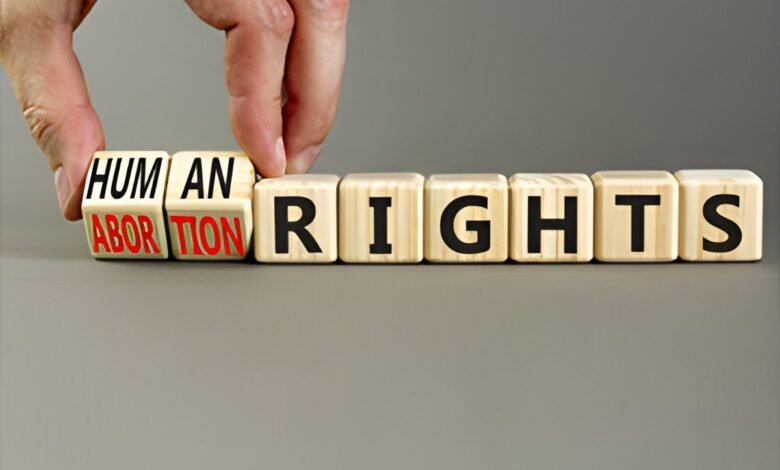Abortion Rights Enshrined in Constitution

France has made an indelible mark on the global stage by becoming the first nation to explicitly embed the right to abortion into its constitution. This historic decision, ratified by an overwhelming 780-72 vote in the Versailles parliament, reflects a significant milestone in the ongoing struggle for women’s reproductive rights.
President Emmanuel Macron hailed the amendment as a testament to “French pride” and a beacon of progressivism that sends a “universal message” to the world. However, the path to this constitutional change was not without its challenges and controversies.
France’s Landmark Decision
Abortion has been legal in France since 1975, yet concerns persist over the potential erosion of these rights. Recent polls indicate that approximately 85% of the French public supports amending the constitution to enshrine the right to terminate pregnancies, highlighting widespread recognition of the importance of reproductive autonomy.
The amendment marks the 25th revision to France’s foundational document since its inception in 1958, representing a significant evolution in the country’s legal and social landscape. The decision to illuminate the Eiffel Tower in Paris with the message “My Body My Choice” following the vote underscored the profound significance of this constitutional milestone.
Prime Minister Gabriel Attal emphasized the ongoing threat to abortion rights, stressing that individuals have the inherent right to autonomy over their bodies. He reiterated the message that “your body belongs to you and no one can decide for you,” echoing the sentiments of advocates for reproductive justice across the nation.
Critics have accused President Macron of leveraging the constitutional amendment for political gain, suggesting that his support for the measure is aimed at burnishing his left-wing credentials. However, proponents argue that the amendment is a necessary step to safeguard women’s rights in the face of mounting challenges and threats.
The decision to explicitly include the right to abortion in the constitution was prompted by recent developments in the United States, where the Supreme Court’s decision in 2022 revoked abortion rights, empowering individual states to enact restrictive legislation. France’s proactive stance serves as a bulwark against the erosion of reproductive rights on the global stage.
Implications for Women’s Rights
Supporters of the amendment view it as a vital safeguard against potential rollbacks in abortion access, particularly in light of conservative trends observed in various parts of the world. Laura Slimani, representing the Fondation des Femmes rights group, emphasized the emotional significance of the amendment, underscoring its importance for feminist activists and women alike.
Despite widespread support for the amendment, opposition from religious institutions, including the Vatican and French Catholic bishops, remains staunch. The Vatican reiterated its opposition to abortion, asserting that there can be no “right” to take a human life, a sentiment echoed by religious leaders worldwide.
Advertisement
The constitutional amendment reflects France’s commitment to upholding the principles of equality, autonomy, and reproductive justice. By enshrining the right to abortion in its constitution, France sends a powerful message of solidarity with women’s movements globally, reaffirming its status as a vanguard of progressive values and human rights.
In conclusion, France’s decision to embed the right to abortion in its constitution marks a watershed moment in the ongoing struggle for reproductive justice. As the world watches, France stands as a beacon of hope and progress, championing the fundamental rights of women and reaffirming its commitment to equality and dignity for all.
Advertisement
Source-Medindia
Source link
#Abortion #Rights #Enshrined #Constitution



